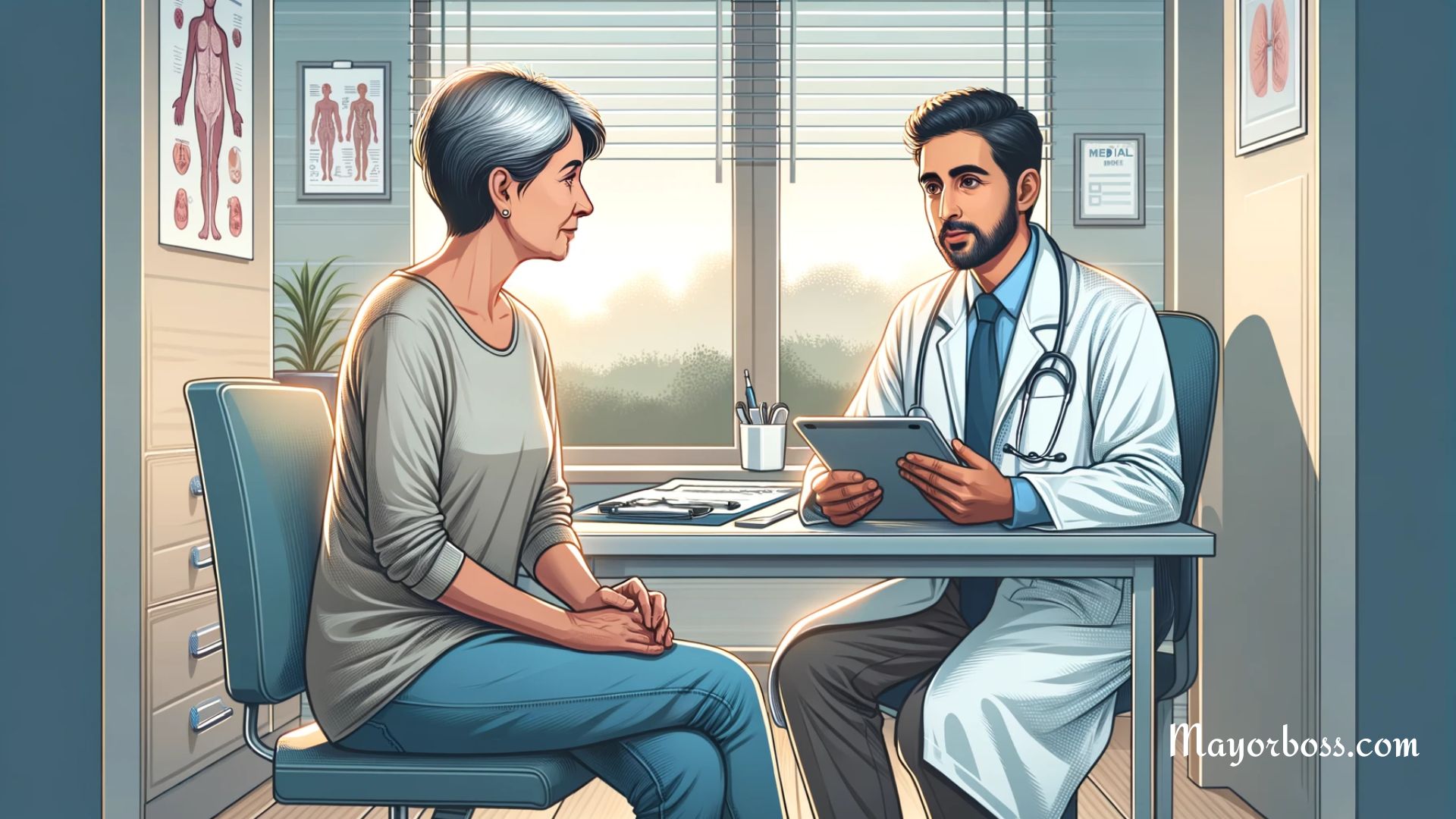15 Lies You Tell Your Doctor (and Why You Need to Stop)
Honesty is crucial for accurate diagnosis and effective treatment when you visit your doctor. However, many of us might not always be completely truthful. Let’s explore some common lies patients tell their doctors and why being honest is vital for your health.

1. “I’m Taking My Medication Regularly”
Many people claim they are taking their medication as prescribed when they aren’t. If you’re skipping doses or not following instructions, it’s important to tell your doctor. They can help figure out why you’re struggling and find solutions, whether it’s due to side effects, forgetting, or not understanding the instructions.
2. “I Don’t Smoke” or “I Only Smoke Occasionally”
If you smoke, even if it’s just occasionally, your doctor needs to know. Smoking affects your health in numerous ways and can impact how certain medications work. Plus, your doctor can offer resources to help you quit.
3. “I Rarely Drink Alcohol”
Downplaying your alcohol consumption can be risky. Alcohol interacts with many medications and can affect various health conditions. Be honest about how much you drink so your doctor can provide the best care.
4. “I Exercise Regularly”
Exaggerating your exercise habits might make you feel better in the moment, but it won’t help your health in the long run. Your doctor can give you advice on your actual activity level.
5. “I Eat a Healthy Diet”
Diet plays a crucial role in your health. If you’re not eating as well as you should, your doctor can help guide you toward healthier choices. Plus, some health issues can be managed with diet changes.
6. “I Don’t Use Recreational Drugs”
Recreational drug use is a sensitive topic, but it’s a critical piece of information for your doctor. Drug use can impact your health and interact with medications, so it’s important to be open about it.
7. “I’m Not Feeling Any Pain”
Sometimes, people downplay their pain or discomfort. However, pain is an important indicator of what’s going on in your body. Your doctor can only help if they know the true extent of your pain.
8. “I Feel Fine”
Sometimes, people say they feel fine when they’re actually experiencing emotional or mental health challenges. It’s important to share these feelings with your doctor, as mental health is a critical component of overall well-being. Consequently, this transparency can lead to better support and treatment.
9. “I Haven’t Had Any Unprotected Sex” or “I Only Have One Partner”
Sexual health is a crucial part of your overall health. If you’ve had unprotected sex, your doctor needs to know to provide appropriate testing and advice.
10. “I Don’t Have Any Symptoms”
If you’re experiencing symptoms, even minor ones, they could be clues to a larger issue. Always share any changes or symptoms you’ve noticed with your doctor.
11. “I Don’t Have a Family History of That”
Your family’s medical history can be a key indicator of your risk for certain conditions. Therefore, providing accurate family health information can guide your doctor in monitoring and preventing potential health problems.
12. “I Don’t Have Any STDs”
Hiding information about sexually transmitted diseases can lead to incomplete care. Accurate information is crucial for your and your partners’ health.
13. “I Don’t Take Supplements”
Dietary supplements can interact with medications. Inform your doctor about any supplements you’re taking.
14. “Doctor, I Totally Understand What You’re Saying”
If you don’t understand something, it’s okay to ask questions. Misunderstanding medical advice can affect your health.
15. “I Don’t Take Over-the-Counter Pain Relief”
Non-prescription pain relievers can affect your health and interact with other medications. Be honest about any over-the-counter medicines you use.
In summary, honesty with your doctor is the foundation of good healthcare. Always share the truth about your habits, symptoms, and lifestyle. This way, your doctor can provide the best care for your specific needs.
